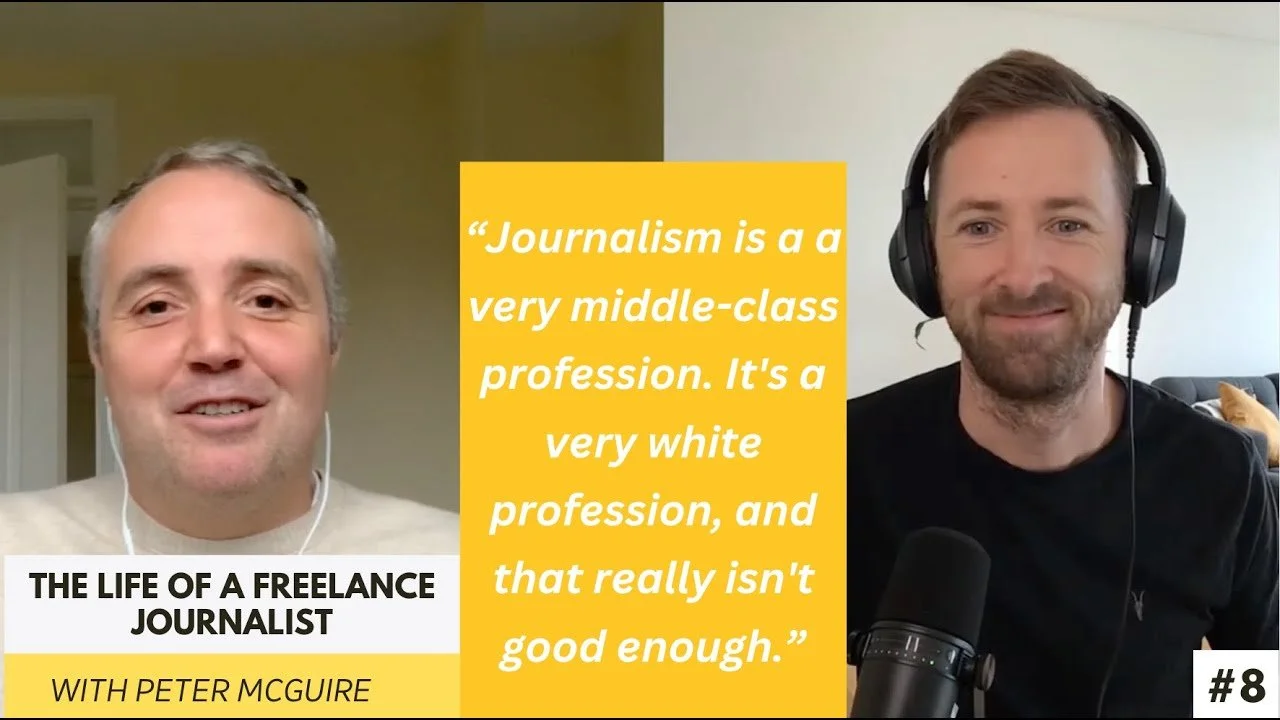Execution trumps strategy
Strategic visions, strategic plans and strategic goals all look and sound great, but what actually comes of them? According to research carried out by the authors of the book '4 Disciplines of Execution' only 15% of employees actually understood the strategic goals of the company. In other words, only 15% of employees knew the meaning of their work. Naturally, this begs the question: 'how could they expect to achieve the goal or feel good about it if they don't know what it is?'.
“People exaggerate the importance of strategy and unestimate the importance of execution.”
In general, the researchers found that employees:
Didn't know how to achieve the goal,
Weren't clear on what success would look like,
Didn't have easy ways of measuring results and
Had no set timeline to complete the goal.
Accountability was another issue that challenged the businesses that Chris McChesney consulted with - they didn't have good systems in place. However, once they initiated accountability structures, it became clear that employees didn't mind being held accountable and they were noticeably more engaged in their work. I think that's interesting because it's so counterintuitive.
“People play differently when they are keeping score. It’s not about you keeping score for them.”
The key takeaways from this book were to have: clearly defined, key goals; a reliable accountability structure; and weekly 20-minute strategy meetings that would not be confused with day-to-day business meetings.
This was definitely the best book I've read so far this year and well worth a reread. Check it out below if you get a chance, or listen to the audiobook if you're stuck for time.
References
McChesney, C., Covey, S. and Huling, J. (2012) The 4 disciplines of execution: Achieving your wildly important goals. London: Simon & Schuster.









